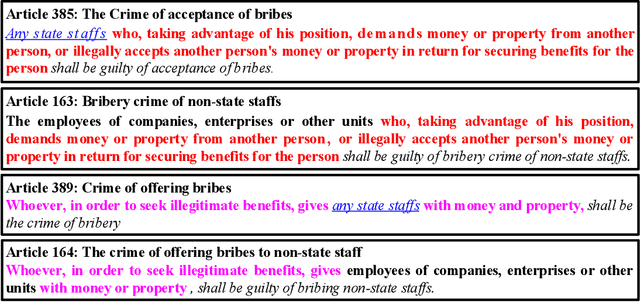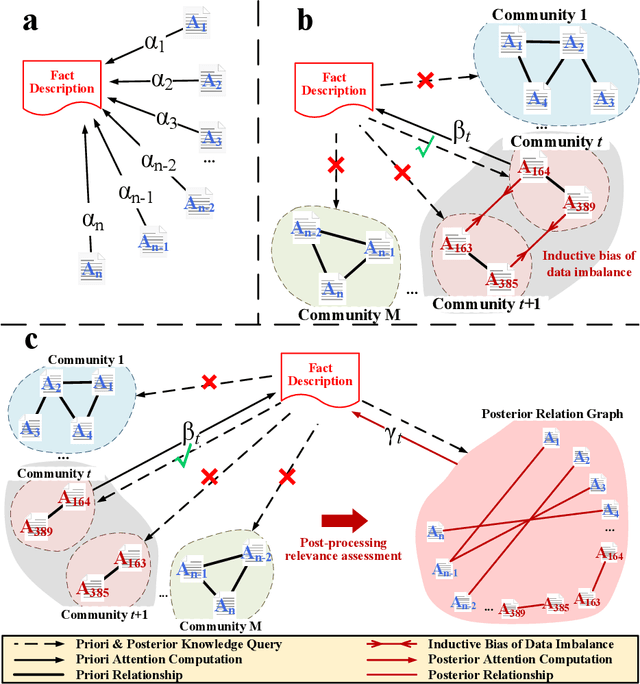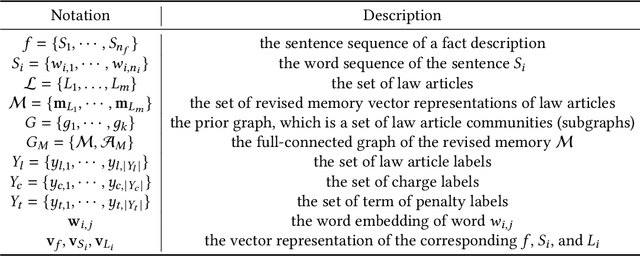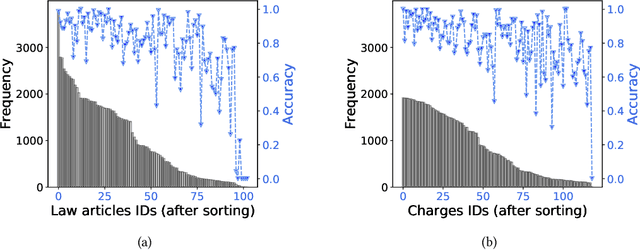Distinguish Confusion in Legal Judgment Prediction via Revised Relation Knowledge
Paper and Code
Aug 18, 2024



Legal Judgment Prediction (LJP) aims to automatically predict a law case's judgment results based on the text description of its facts. In practice, the confusing law articles (or charges) problem frequently occurs, reflecting that the law cases applicable to similar articles (or charges) tend to be misjudged. Although some recent works based on prior knowledge solve this issue well, they ignore that confusion also occurs between law articles with a high posterior semantic similarity due to the data imbalance problem instead of only between the prior highly similar ones, which is this work's further finding. This paper proposes an end-to-end model named \textit{D-LADAN} to solve the above challenges. On the one hand, D-LADAN constructs a graph among law articles based on their text definition and proposes a graph distillation operation (GDO) to distinguish the ones with a high prior semantic similarity. On the other hand, D-LADAN presents a novel momentum-updated memory mechanism to dynamically sense the posterior similarity between law articles (or charges) and a weighted GDO to adaptively capture the distinctions for revising the inductive bias caused by the data imbalance problem. We perform extensive experiments to demonstrate that D-LADAN significantly outperforms state-of-the-art methods in accuracy and robustness.
 Add to Chrome
Add to Chrome Add to Firefox
Add to Firefox Add to Edge
Add to Edge